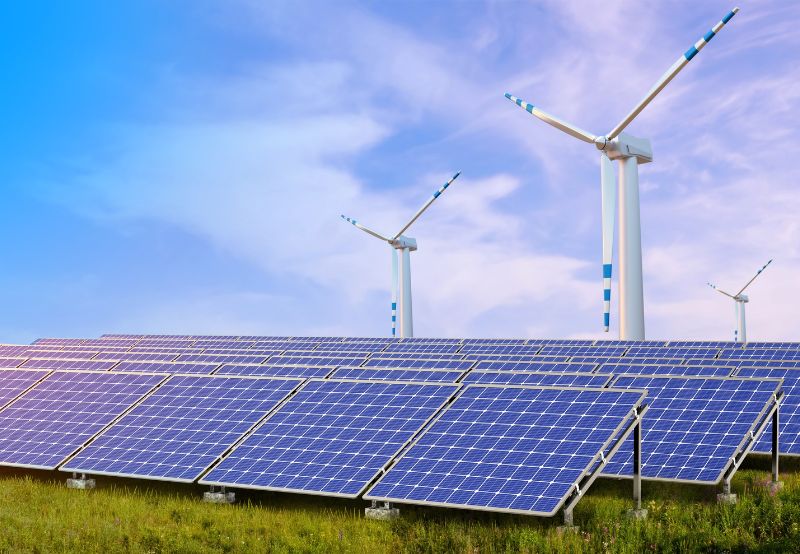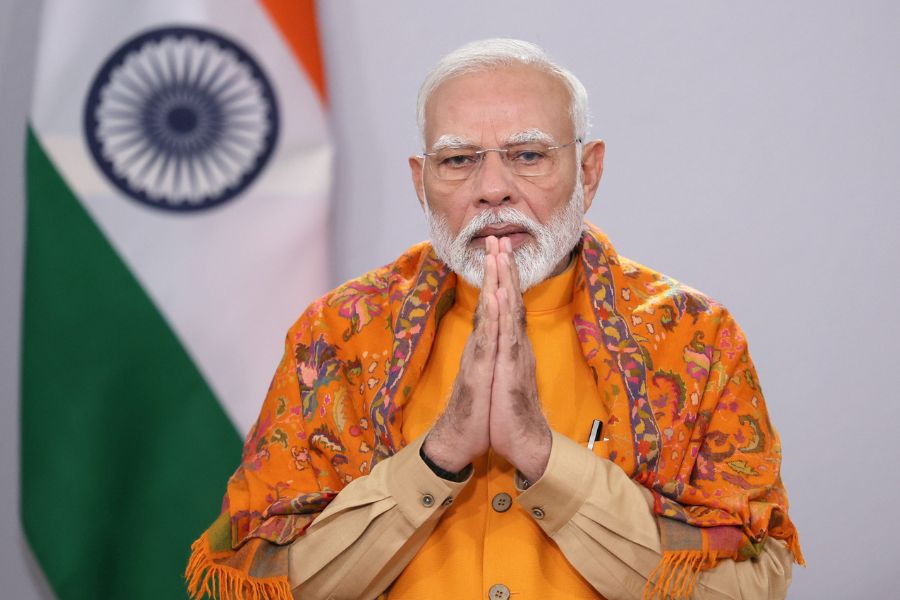India’s renewable energy sector is experiencing an unprecedented surge, transforming the nation’s energy landscape and positioning it as a leader in the fight against climate change. With an impressive installed capacity of 180.79 GW – including large hydropower – the country is not only powering its present but paving the way for a sustainable future. This remarkable achievement is fueled by a combination of ambitious targets, strategic policies, and unwavering commitment from both the government and the people.
 The newly enacted Renewable Purchase Obligations (RPOs) are more than just regulatory mandates; they represent a carefully crafted roadmap towards a greener tomorrow. The phased approach, starting with 29.91% renewable energy purchase in 2024-25 and gradually increasing to 43.33% by 2029-30, ensures a smooth transition for distribution companies while driving significant renewable energy deployment. But the focus extends beyond overall numbers. The emphasis on distributed renewable energy sources like rooftop solar empowers individuals and communities to become active participants in this clean energy revolution, fostering a sense of ownership and shared responsibility.
The newly enacted Renewable Purchase Obligations (RPOs) are more than just regulatory mandates; they represent a carefully crafted roadmap towards a greener tomorrow. The phased approach, starting with 29.91% renewable energy purchase in 2024-25 and gradually increasing to 43.33% by 2029-30, ensures a smooth transition for distribution companies while driving significant renewable energy deployment. But the focus extends beyond overall numbers. The emphasis on distributed renewable energy sources like rooftop solar empowers individuals and communities to become active participants in this clean energy revolution, fostering a sense of ownership and shared responsibility.
India’s commitment goes beyond regulations. The government has established a robust policy framework to incentivize investments, accelerate growth, and create a thriving renewable energy ecosystem:
- Embracing Global Expertise: Automatic approval for 100% Foreign Direct Investment (FDI) in renewable energy projects throws open doors to international capital and expertise, fostering technological advancements and financial diversification.
- Breaking Geographic Barriers: Waiver of interstate transmission charges for solar and wind power till June 2025 removes geographical constraints that previously limited market access for renewable energy producers. This enables them to expand their reach and cater to a wider consumer base.
- Fast-tracking Project Development: Exemption from Environment Impact Assessment (EIA) for solar and wind projects significantly reduces regulatory hurdles and expedites project development timelines, bringing clean energy online faster.
- Making Renewables Financially Attractive: Accelerated depreciation benefit of 40% for solar and wind projects enhances project returns, making them more attractive to investors and developers, thereby unlocking much-needed capital.
- Environment at the Forefront: The inclusion of solar and wind power under the “white category” by the Central Pollution Control Board signifies their minimal environmental impact, highlighting their role in combating climate change and ensuring a cleaner future.
Further insights can be gleaned from the provided state-wise breakdown of installed capacity and power generation. It reveals regional strengths like Tamil Nadu’s leadership in solar power and Gujarat’s dominance in wind energy. However, it also identifies areas for further development, where states can leverage their unique potential to contribute to the national clean energy goals.
But India’s renewable energy story is not just about numbers and policies; it’s about a collective vision and unwavering commitment. The new RPOs, coupled with supportive policies and a data-driven approach, create a strong foundation for achieving ambitious renewable energy targets. As India continues to build upon this momentum, its success story will serve as an inspiration for other nations embarking on their clean energy transitions.
India’s renewable energy journey is far from over. It’s a continuous endeavour fueled by innovation, collaboration, and a shared vision for a sustainable future. As the country strives to achieve its ambitious target of 500 GW of renewable energy capacity by 2030, several key areas hold immense potential:
- Technological Advancements: Continued research and development in areas like grid integration, storage solutions, and next-generation renewable technologies will be crucial for further optimization and cost reduction.
- Financial Innovation: Exploring innovative financing mechanisms like green bonds and crowdfunding can unlock additional capital and democratize access to clean energy investments.
- Skill Development: Building a skilled workforce equipped to handle the installation, operation, and maintenance of renewable energy projects is essential for sustained growth and efficient project execution.
- Community Engagement: Empowering local communities through active participation in renewable energy projects, such as rooftop solar initiatives, fosters community ownership and ensures wider acceptance.
By addressing these opportunities and staying committed to its clean energy goals, India can not only power it’s present and future but also emerge as a global leader in the renewable energy revolution, inspiring and guiding other nations on their journeys towards a sustainable future.




